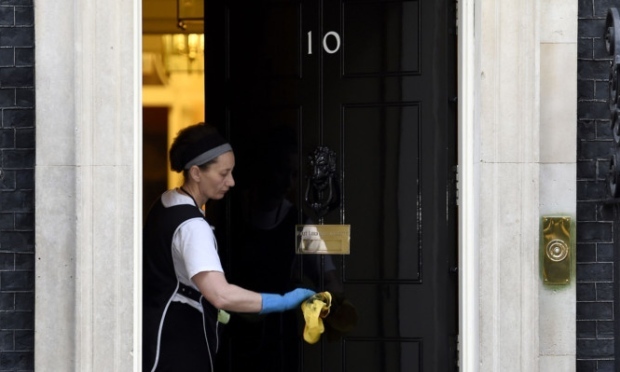Voters could earn £40 if chosen to take part in research by the University of Dundee that will take a “snapshot” of people’s election campaign views.
Participants from Dundee and the surrounding areas will receive £40 for taking part in the session on Thursday April 2 if they are selected to take part.
It will be the first of 20 focus groups taking place as part of a project to determine how party campaigns resonate with the public.
“This election could result in the most interesting political scenarios in recent British history,” said Dr Carvalho, who is running the study.
“Voters are faced with an unprecedented range of political choices. We want to hear what they think of the various party leaders and what things will be important to their votes.”
The first focus group will take place during Thursday’s televised leaders’ debate.
Election studies take place across the world but the Dundee University research hopes to set new standards in the field by looking beneath the raw data that such studies yield in order to understand influential factors on a more individual level.
It has been supported by funding from the British Academy and Leverhulme Trust and the findings will be used together with research funded by the Carnegie Foundation into the Scottish referendum conducted in December 2014.
Researchers will gauge the individual issues of greatest concern to the electorate and how they influence voting intentions.
The researchers will also investigate the role of safe and marginal seats in influencing how people vote and how voters evaluate party leaders among other topics.
Anyone interested in taking part can register their interest here.
A separate study looking at how people use smartphones, tablets and laptops to interact with the televised debates is also being run by Dundee University.
